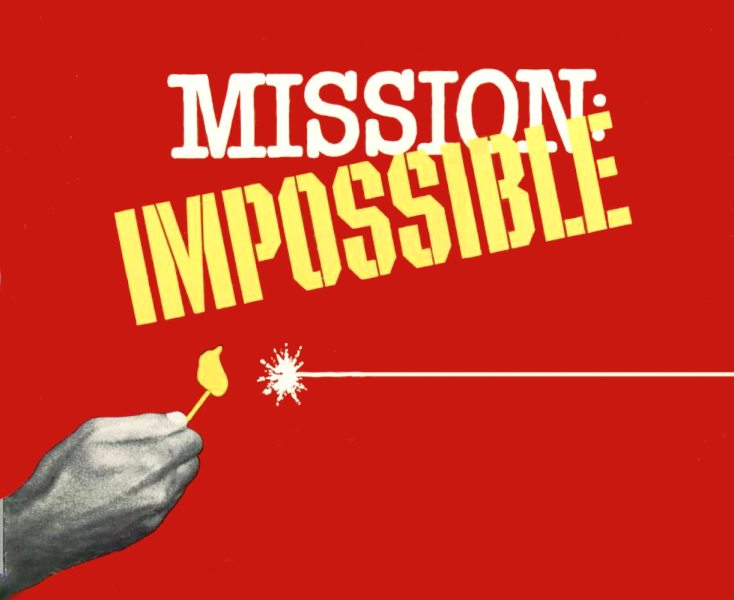Mission Impossible? Overcoming Challenges and Making Informed Decisions
In the realm of business, challenges often arise that may initially seem insurmountable. It is during these moments that the decision to accept or decline a “mission impossible” becomes crucial. In this article, we will explore the factors to consider when faced with seemingly impossible missions, the reasons for turning down a mission, and the process of assessing the situation to make informed decisions.
Conquering the Impossible
When confronted with a mission that appears impossible, several key elements come into play to increase the chances of success.
- Clear Briefing: We create a comprehensive and precise summary of the mission’s objectives, constraints, and expectations. A clear briefing provides the foundation for devising a strategic approach.
- Team of Experts: We assemble a team of individuals who possess the expertise and skills necessary to tackle the mission. By leveraging diverse perspectives and talents, the team can overcome complex challenges more effectively.
- Perfect Planning: We devote adequate time to meticulous planning. This includes identifying potential obstacles, devising contingency plans, and establishing milestones to track progress. A well-structured plan serves as a roadmap to guide the team towards mission accomplishment.
- Flexibility: We anticipate and deal with every possible hurdle related to impossible missions. The ability to pivot, adjust strategies, and embrace alternative solutions enhances the chances of finding a breakthrough amidst uncertainty and adversity.
- Attainable Targets: We set realistic and attainable targets that serve as intermediate goals. By breaking down the mission into manageable segments, progress can be measured, boosting team morale and motivation.
Knowing When to Turn Down a Mission
While the pursuit of success is desirable, there are instances where turning down a mission becomes a prudent choice.
- Incomplete Ingredients: If essential resources, information, or capabilities are unavailable or insufficient, accepting the mission may jeopardize its chances of success. It is vital to assess the feasibility of obtaining the necessary ingredients before committing to the endeavor.
- Excessive Risks: When the mission’s demands create an unmanageable level of pressure and introduce an excessive level of risk, it may be wise to reconsider. Preserving the well-being of the team and the organization should take precedence over overly risky ventures.
- Quality Below Standards: Maintaining high-quality standards is paramount for businesses striving for excellence. If the expected quality cannot be achieved due to constraints or limitations, it may be more prudent to decline the mission to protect the organization’s reputation.
- Loss of Control: If the mission involves processes or collaborations that could lead to an unacceptable loss of control over outcomes, it may be necessary to reassess the viability of pursuing it. Preserving autonomy and decision-making authority is crucial for maintaining stability and efficiency.
How to identify a “Mission Impossible”
Thoroughly evaluating the situation before accepting or declining a mission is crucial for making informed decisions.
- Understand Client Expectations: We engage in comprehensive communication with the client to gain a deep understanding of their requirements, constraints, and expectations. This ensures alignment between both parties and facilitates effective decision-making.
- Review Existing Documentation: We examine any available documentation related to the mission, such as reports, research findings, or project plans. This analysis provides insights into previous efforts and informs the assessment process.
- Evaluate Stakeholders: We assess the skills and expertise of stakeholders on the client side who will be involved in the mission. Understanding their capabilities enables a more accurate evaluation of the mission’s feasibility and potential challenges.
- Assess Client’s Ability to Gather Resources: We evaluate the client’s ability to gather and provide the necessary resources for the mission. Adequate resource allocation significantly impacts the chances of success and should be taken into consideration.
